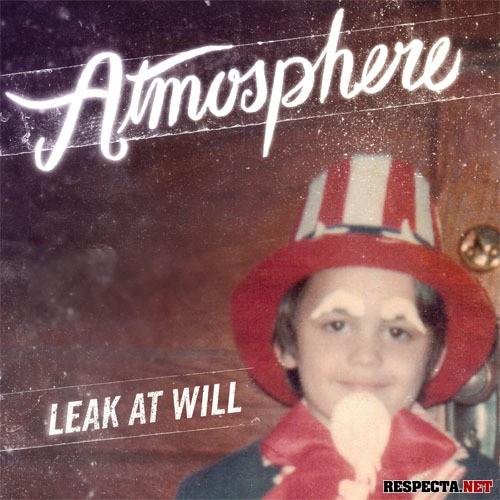Title: The Stink of Duck Feather Blankets
The duck feather blankets are a common sight on the market these days, but their reputation is not so good. Many people have complained about the unpleasant odor these blankets often have. The problem is that the process of cleaning and drying the feathers does not always eliminate all the impurities and bacteria present in them. Therefore, these blankets can become a source of unpleasant odors and even health problems if not properly cleaned and cared for. It is essential to wash and dry the blankets regularly to remove all traces of dirt and bacteria and to ensure their freshness and cleanliness.
In the realm of household items, there are few that have the potential to create as much controversy as the duck feather blanket. Whether it’s the promise of a cozy night’s sleep or the lingering concern of a potential stinky mess, the duck feather blanket is often a topic of mixed reviews and discussions. But does it really have to be that way? Let’s explore the truth about duck feather blankets and find out if they are as smelly as we’ve been led to believe.
Firstly, it’s important to understand that duck feather blankets are made from, well, duck feathers. And like any other natural material, duck feathers have their own unique properties and characteristics. One such property is the fact that duck feathers are able to absorb and retain heat effectively, making them an ideal material for creating warm and comfortable bedding. However, another characteristic of duck feathers is that they are prone to retaining moisture and odors. This means that if not properly cared for, a duck feather blanket can indeed become a breeding ground for bacteria and unpleasant odors.

But don’t despair! There are ways to avoid this potential problem. The first step is to choose a high-quality duck feather blanket that has been processed and cleaned to remove any impurities or odors. This process, known as “feather dressing”, helps to reduce the risk of odor absorption and increases the lifespan of the blanket. Additionally, storing your duck feather blanket in a well-ventilated area and away from sources of moisture and heat can also help to reduce the risk of odor build-up.
If, despite these precautions, your duck feather blanket does start to develop an unpleasant odor, there are ways to address this issue too. One effective method is to use a gentle detergent and warm water to create a soapy solution. Then, using a soft cloth or sponge, gently dab at the stained or smelly areas of the blanket, working in a circular motion to lift the dirt and odors. After rinsing thoroughly with clean water, allow the blanket to air-dry in a well-ventilated area. This process should help to restore your duck feather blanket to its former glory!

In conclusion, while duck feather blankets do have their own unique challenges when it comes to odor management, with a little bit of care and attention they can provide you with many years of cozy and comfortable sleeping experiences. By following these simple guidelines on how to choose, store and clean your duck feather blanket, you can rest assured that it won’t become a source of embarrassment or discomfort but rather a treasured household item that you will pass on to future generations with pride and joy!
Articles related to the knowledge points of this article:
Title: The Innovative and Sustainable Solutions of Feather Duvet Companies
High-end Down Comforters: Prices and Quality



